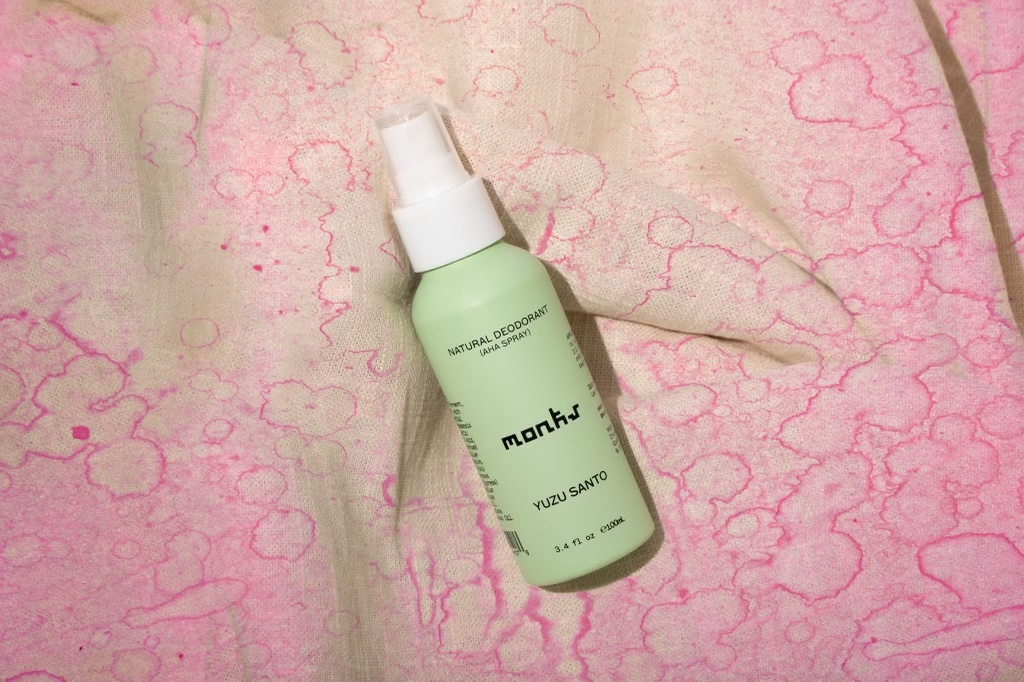
How Deodorant Brand Monks Earned A Spot On Erewhon’s Shelves
In the fall of 2022, a few months before his brand Monks launched early the next year, David Moshé Bakshi, an Angeleno who grew up immersed in organic living in Marin County, reached out to Erewhon about carrying it. He sent the natural grocer body wash, stick deodorant and spray deodorant samples and didn’t hear anything back.
Persistent, Bakshi called Erewhon to learn whether it was interested in Monks. Finally, he got word it wasn’t. “I had a gut feeling that, when I gave it to them, it wasn’t finished yet,” he recounts. “I was like, OK, I have to change something. I did a big revamp.”
With the big revamp, Monks axed body wash (it had problems with leaking) to focus on deodorant and switched from labels wrapped around its packaging to bottles and tubes with its brand name and product information printed on them. It increased the number of scents from a single scent to three—copal green, yuzu santo and rose—and punched up the colors of its containers (they’re now two shades of green and pink) and its copy to highlight ingredients such as alpha hydroxy acids like mandelic acid and lactic acid and adaptogens like cordyceps.
Bakshi had originally budgeted $25,000 to start Monks, and the revamp pushed the cost up to $150,000. It paid off, though. After resubmitting the brand to Erewhon, Bakshi received an acceptance in two weeks. He says the lesson he drew from the reversal was, “If you have a vision, you should really show it.”

At Erewhon, where Monks has entered the entire fleet of 10 locations and dot-com platform, the brand sells its $20 spray deodorants in a deodorant selection that features stick deodorants from brands including Salt & Stone, Corpus, Agent Nateur, Bite, Humble Brands, Ursa Major, Ujjayi and Alo. Named for a holistic doctor Bakshi saw when he was young, Monks’ formulas avoid synthetic ingredients, and its spray deodorants contain organic food-grade alcohol at a 10% concentration. Spray deodorants typically can be as much as 95% alcohol.
“Their formulas are super clean,” says Maren Giuliano, VP of health and wellness at Erewhon. “In this case we decided to add the sprays as we didn’t have a lot to offer in that area.”
“If you have a vision, you should really show it.”
Monks worked with aromatherapist and essential oils formulator Robin Lander on its gender-neutral scents. The objective was to create alluring scents that don’t linger cloyingly and aren’t irritating to the skin. Bakshi points out essential oils, natural oils obtained from distilling plant material that can be be irritating, make up .8% of the spray deodorant formula, and the formula can be used by people with sensitive skin.
“Scent is really important, especially since many people recognize that a natural or aluminum-free deodorant won’t function as an antiperspirant,” says Giuliano. “Consequently, it must be reapplied several times, so it might as well have an exceptional fragrance. Additionally, attractive and stylish packaging is a definite advantage in the category.”
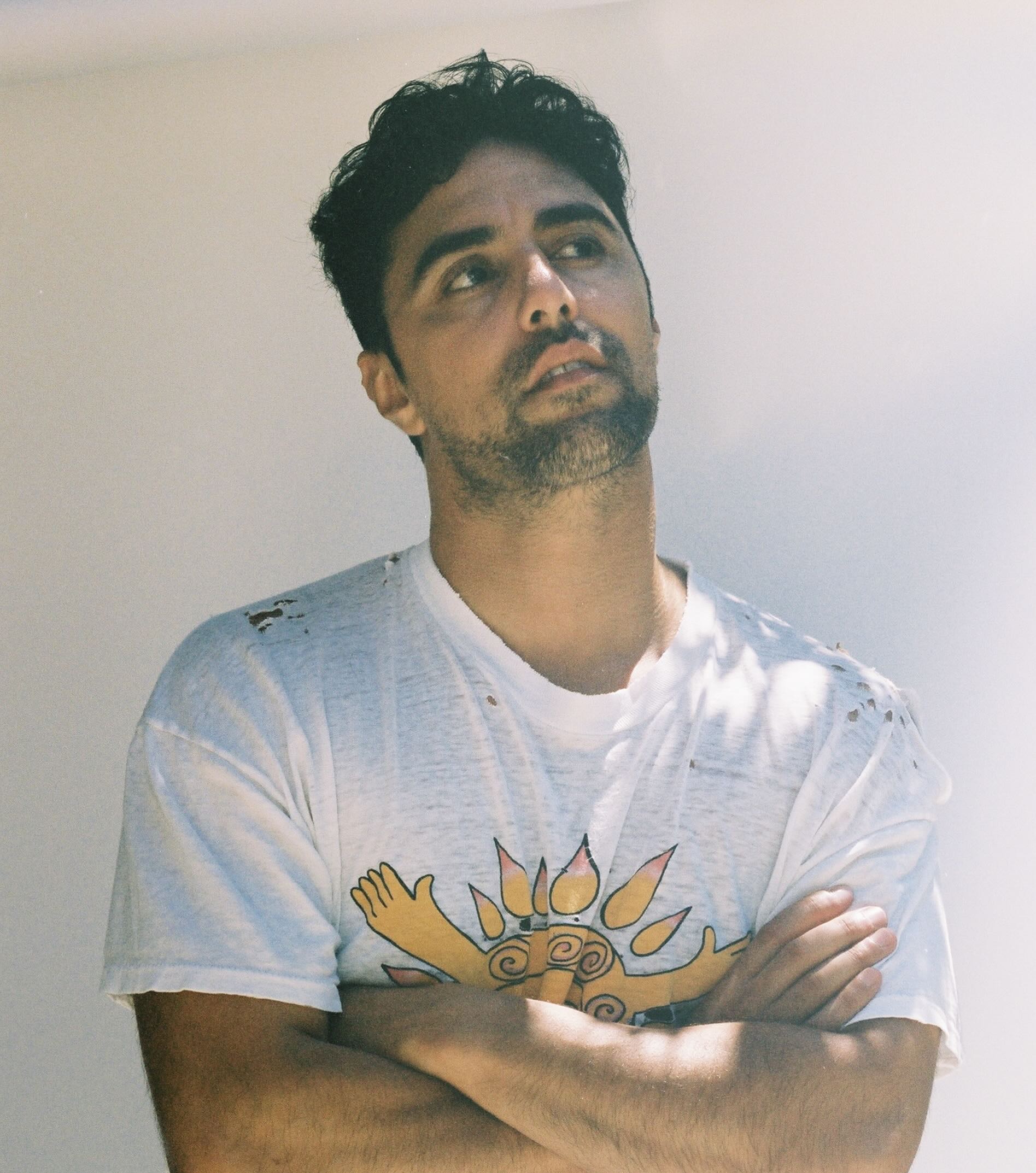
In various fields prior to Monks, from real estate to film production, Bakshi, 38, admittedly not experienced in performance marketing, initially thought he could come up with a cool consumer packaged goods product, place it in direct-to-consumer distribution and the money would roll in. “That wasn’t the case at all,” he laughs.
At the outset of Monks, he was pouring $3,000 a month into Meta advertising. He later lowered the amount to $1,000 and saw no difference in the returns. In total, Bakshi estimates he spent $17,000 to $18,000 on social media ads, but he’s essentially zeroed out the social media ad spend. Still, this year he expects roughly 40% of Monks’ sales to be from DTC. The brand isn’t on Amazon. Overall, Monks projects it could hit $250,000 to $300,000 in 2024 sales. The brand’s product profit margins surpass 50%.
“I love what they are doing, from ingredients to scent to formulation.”
Although social media advertising hasn’t been the most hospitable to Monks, the brand’s retail reception has been the opposite. CAP Beauty contacted Monks unprompted and was the first retail partner to pick up the brand. It stocks the spray deodorant along with the $18 stick deodorant.
Kerrilynn Pamer, founder and CEO of the clean beauty e-commerce destination, says, “I love what they are doing, from ingredients to scent to formulation, and find them to have a unique and interesting perspective in the natural deodorant category.”
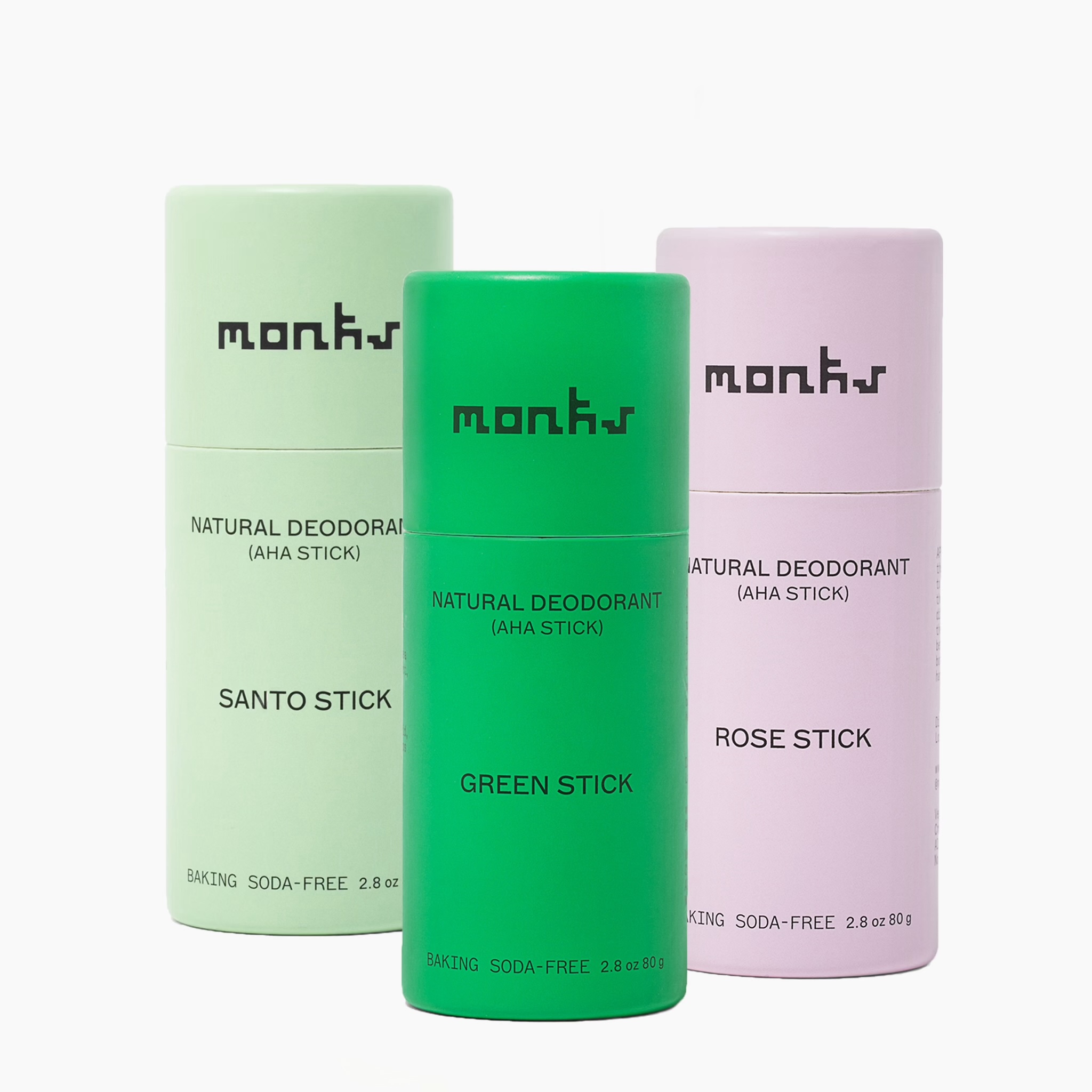
Monks subsequently entered Urban Outfitters and Happier Grocery. Bakshi believes Goop and The Detox Market could be good fits for brand. They’re on his retail partner wish list, and Sephora is a long-term goal. Monks has traveled outside the United States to the stores Comptoir 102, Teint Teint, Clean Compound and Muse & Heroine.
Bakshi describes Monks’ customers as going “from college kids in the Midwest to chic moms in Copenhagen.” He says they’re “trendy conscious consumers that want something that’s quality, but they don’t want to spend a crazy amount of money, and they like the way it looks and makes them feel.”
Monks’ bestsellers are the yuzu santo deodorant spray and rose deodorant stick. Bakshi is in no rush to propagate the bootstrapped brand’s assortment, but has plenty of ideas for future products. For example, he’s pondering putting out a lymphatic drainage armpit detox tool that could be paired with an armpit mask or scrub. Supplement drops that could double as an internal deodorizer, candles and lip balms are possibilities, too.
Expansion of Monks’ scent wardrobe is absolutely in the cards. “We have three, but we could have 10 different scents and have a whole line of scents people could choose from,” says Bakshi. “I’m hoping for investors one day, and if I ever were to sell, I think leaving room for growth is important, while not being too stuck on one thing.”
This article was updated on May 1, 2025.

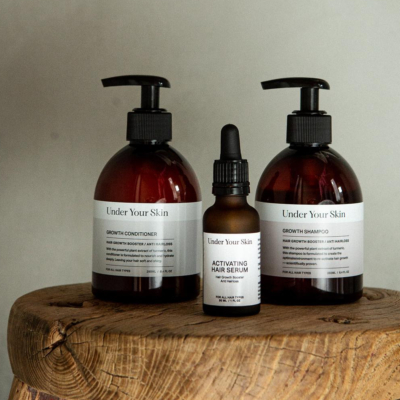
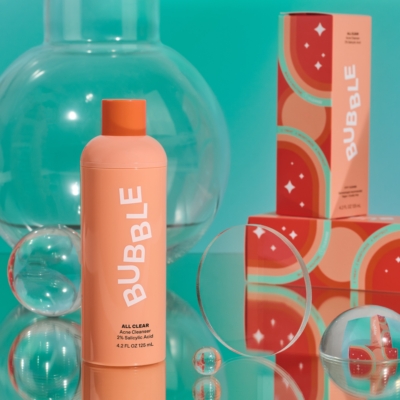
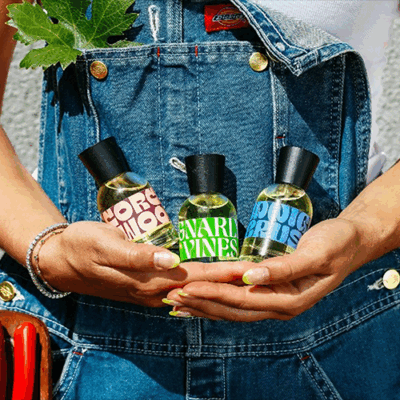

Leave a Reply
You must be logged in to post a comment.